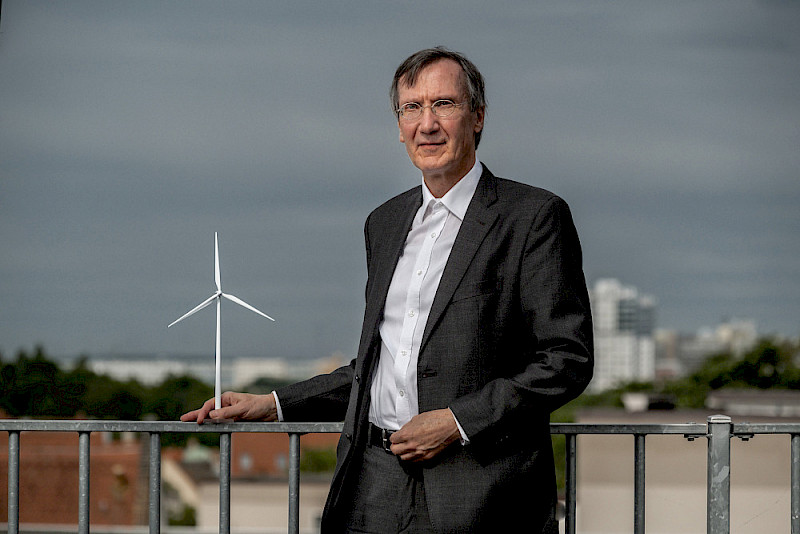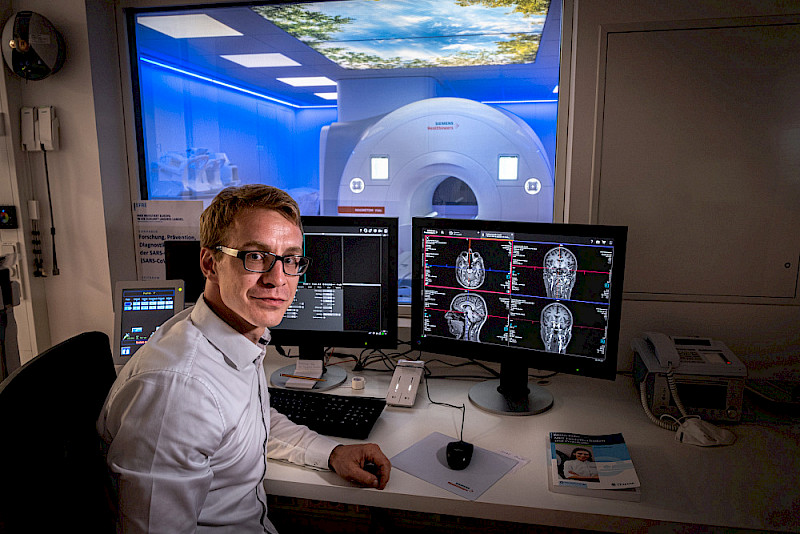
“A poster in the community hall is not enough”
Dr Johannes Pohl conducts research alongside Professor Gundula Hübner on the acceptance and possible stress effects of wind turbines. In a conversation, he explains how participation and trust play an important role in increasing the acceptance of wind energy. Read more





